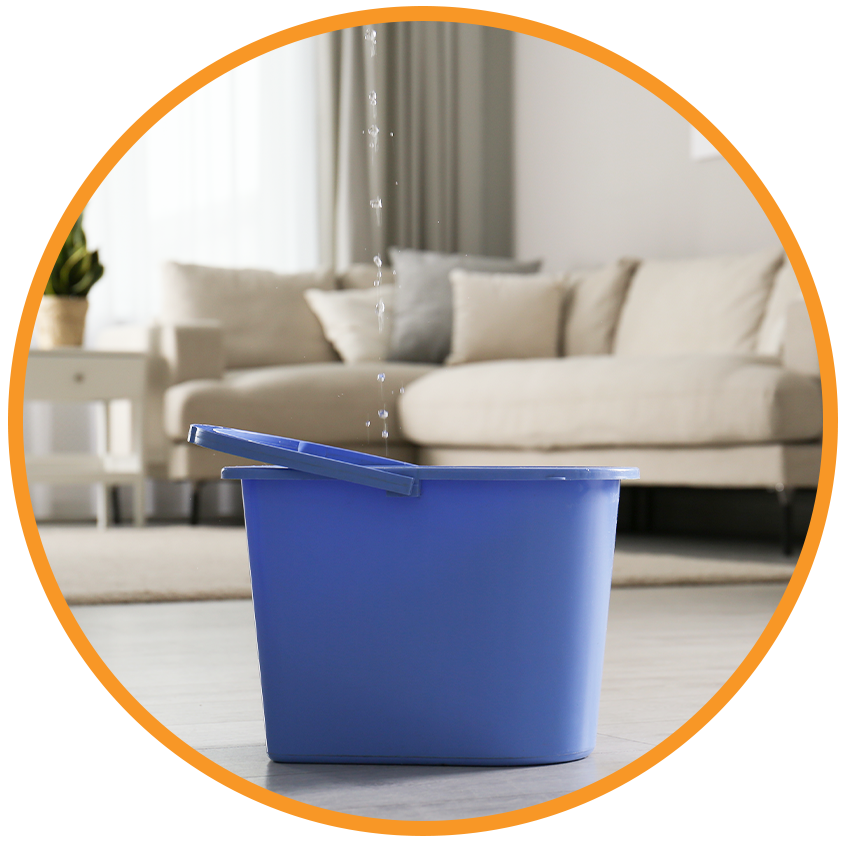
Unraveling Leak Detection: Your Ultimate Guide to Spotting Water Leaks at Home
Water leaks can wreak havoc in your home, leading to serious damage if not identified and resolved promptly. Understanding how to implement effective leak detection measures is crucial for protecting your property and preventing costly repairs. This guide will navigate you through common sources of leaks, practical detection methods, and essential maintenance tips, ensuring your home stays safe and dry. Proper
can help extend the life of your plumbing systems.
Common Sources of Water Leaks: Know Where to Look
When tackling leak detection, it’s vital to be aware of the common areas where leaks may occur. Addressing these hot spots can lead to quicker identification and resolution. Many homeowners overlook
until it becomes a significant issue.
Plumbing Fixtures and Appliances
One of the top areas for leak detection involves your plumbing fixtures and appliances. Here’s a quick list of items to inspect regularly:
- Sinks and Faucets: Look for drips or puddles forming around the base.
- Toilets: Check for water pooling at the base or if you notice your toilet running continuously.
- Washing Machines: Inspect hoses for signs of fraying or leaks.
- Dishwashers: Examine the door seals and hoses for wear.
Taking proactive steps to monitor your plumbing can prevent minor issues from escalating into major headaches.
Roof and Gutter Concerns
Your roof and gutters are critical components of leak detection. Consider the following points for effective monitoring:
- Roof: Inspect for missing or torn shingles, especially after storms. Water stains on the ceiling below may indicate a problem.
- Gutters: Ensure gutters are clear of debris to prevent water backup and potential roof leaks.
Regularly check these areas to catch leaks before they cause significant damage.
Foundation and Basement Vulnerabilities
Foundation and basement leaks can lead to severe long-term issues, making them essential to monitor closely. Be vigilant for:
- Water Stains: Look for discolorations on walls and floors, which can signal moisture intrusion.
- Dampness or Mold: A musty smell can indicate hidden moisture problems.
To reduce the risk of foundation leaks, maintain proper drainage around your home and consider installing a sump pump in your basement.
Effective Leak Detection Strategies: What You Can Do
Now that you know the common leak sources, implementing effective leak detection techniques can help ensure a swift resolution. Here are the strategies you can apply to detect leaks in your home:
Conduct Thorough Visual Inspections
Perform regular visual inspections throughout your home. Follow these steps:
- Check under sinks and around toilets for water pooling.
- Inspect your roof for any signs of damage.
- Look for water stains on walls, ceilings, and floors.
Monitor Your Water Bills for Changes
An unexpected increase in your water bill might indicate there’s an issue. Keep an eye on your usage:
- Compare this month’s bill to previous months.
- If water usage spiked without a clear reason, investigate potential leaks.
Perform a Comprehensive Water Meter Test
Utilizing your water meter is a straightforward way to assess leak detection:
- Turn off all water appliances and faucets.
- Check the water meter reading.
- Wait a few hours and check the reading again.
- If the meter number has changed, you have a hidden leak.
Maintain Your Home Regularly
Preventative maintenance is key to effective leak detection and protection:
- Clean gutters regularly to prevent blockage.
- Inspect plumbing fixtures periodically for wear and rubber seal issues.
- Address any drainage problems around your foundation.
FAQs About Leak Detection
What are the signs of a leak in my home?
Common signs include water stains on ceilings/walls, damp spots on carpets, and an unexpected increase in your water bill. The importance of timely
cannot be overstated for home safety.
How can I prevent leaks before they happen?
Regular maintenance is essential. Check plumbing, monitor roof conditions, and ensure proper drainage around your home’s foundation.
When should I hire a professional for leak detection?
If you notice severe leaks or cannot locate the source despite your efforts, it’s best to call a professional plumber for expert leak detection services.
What tools can help with leak detection at home?
Simple tools such as a flashlight for inspections or a water meter for testing can be effective. For more advanced detection, consider moisture meters or infrared cameras.
Final Thoughts on Leak Detection
Leak detection is an indispensable skill for any homeowner. By understanding common leak sources, implementing efficient detection strategies, and maintaining your home properly, you can protect your property from water damage. Staying proactive not only saves you money on repairs but ensures a safe and comfortable living environment for you and your family.
By integrating these leak detection practices, your home will remain secure and dry, allowing you to focus on what truly matters.